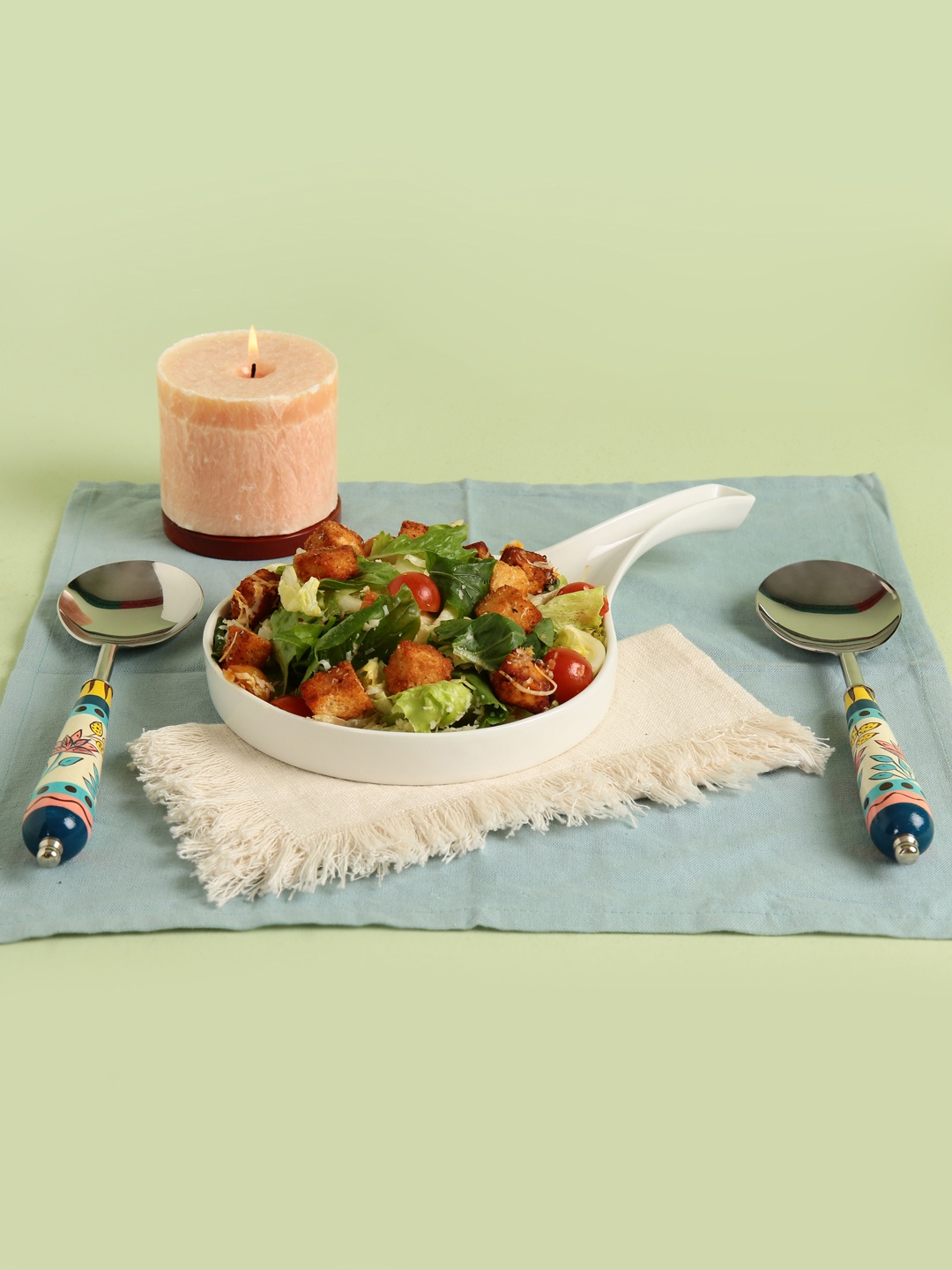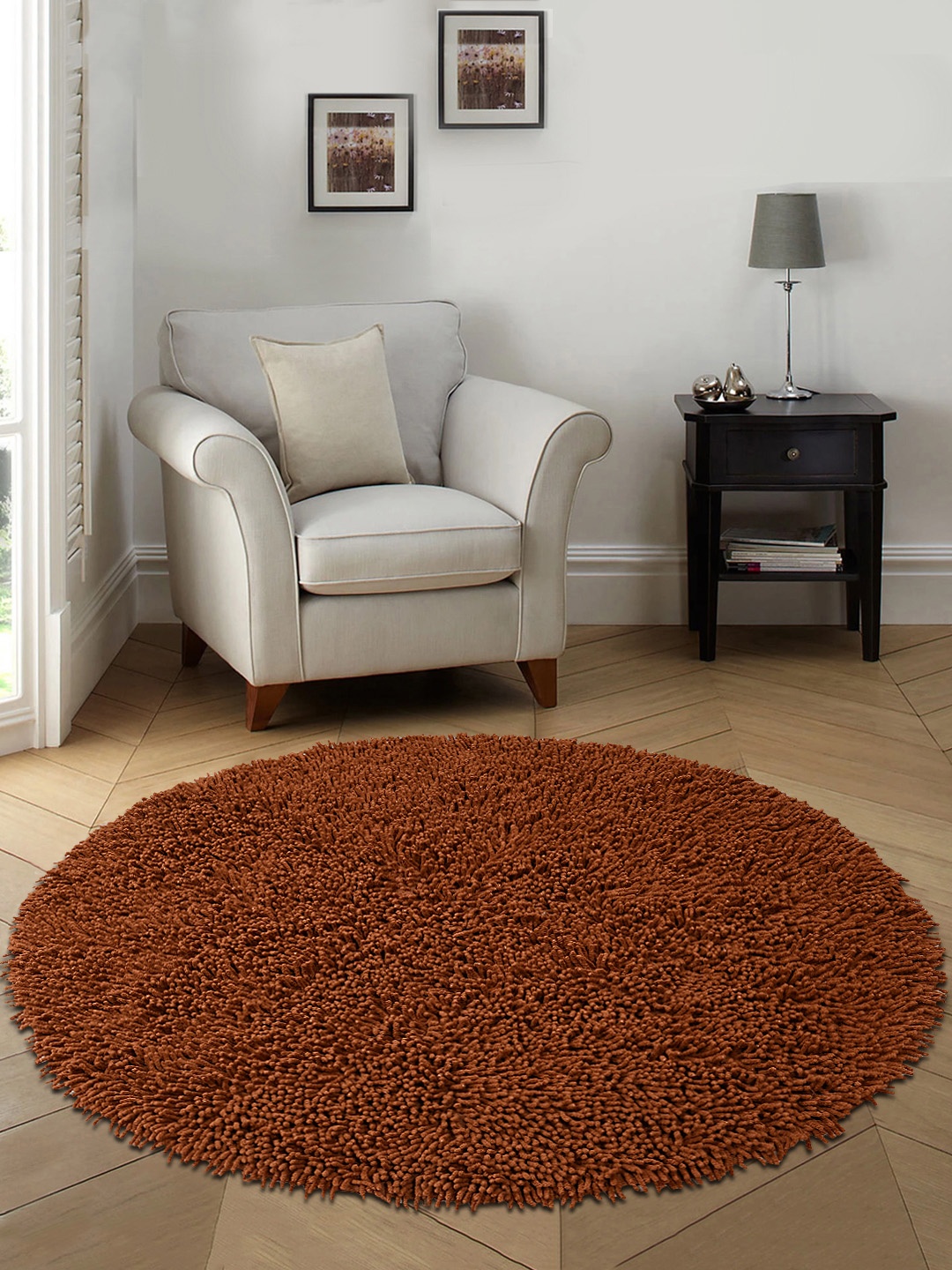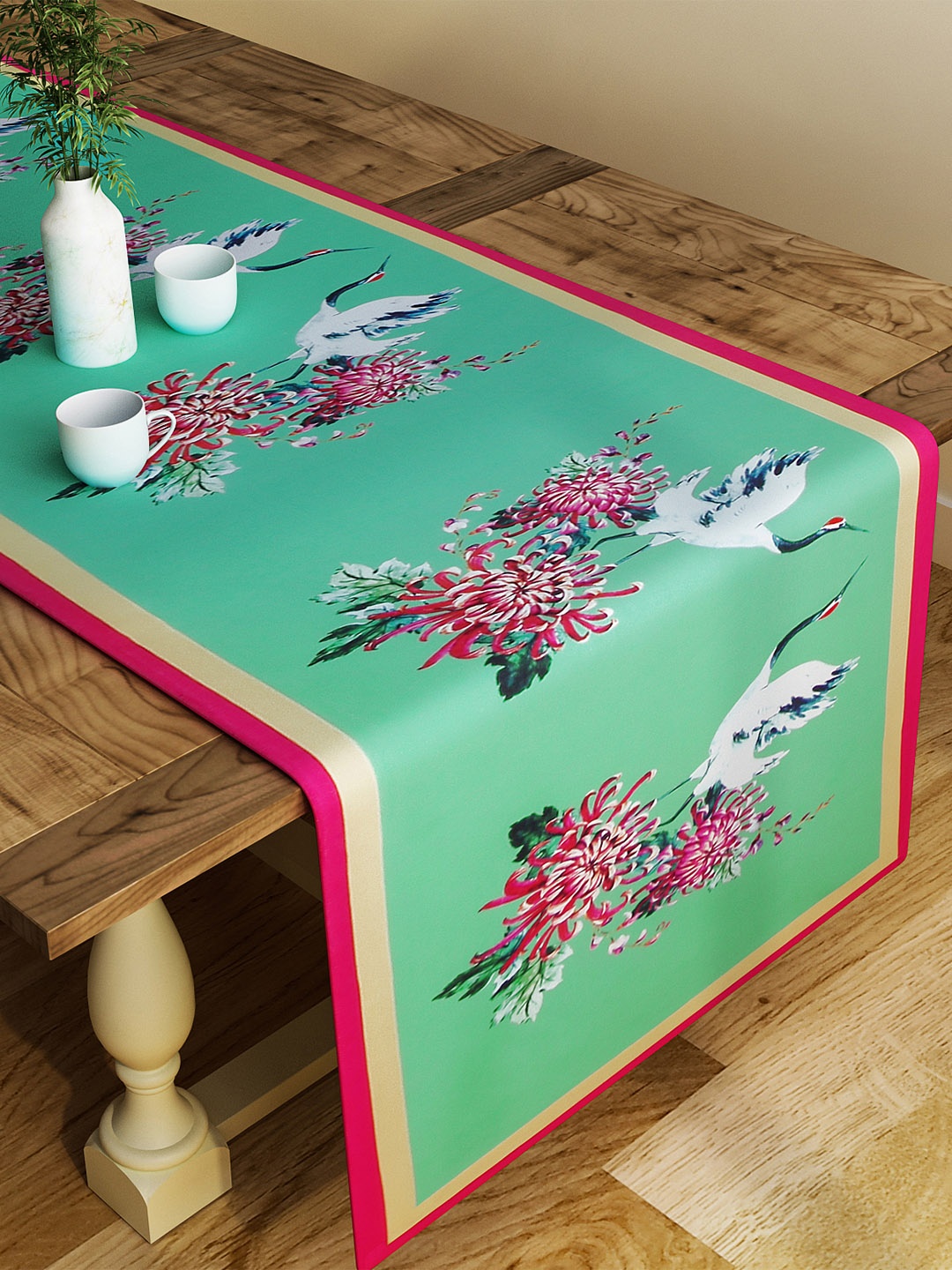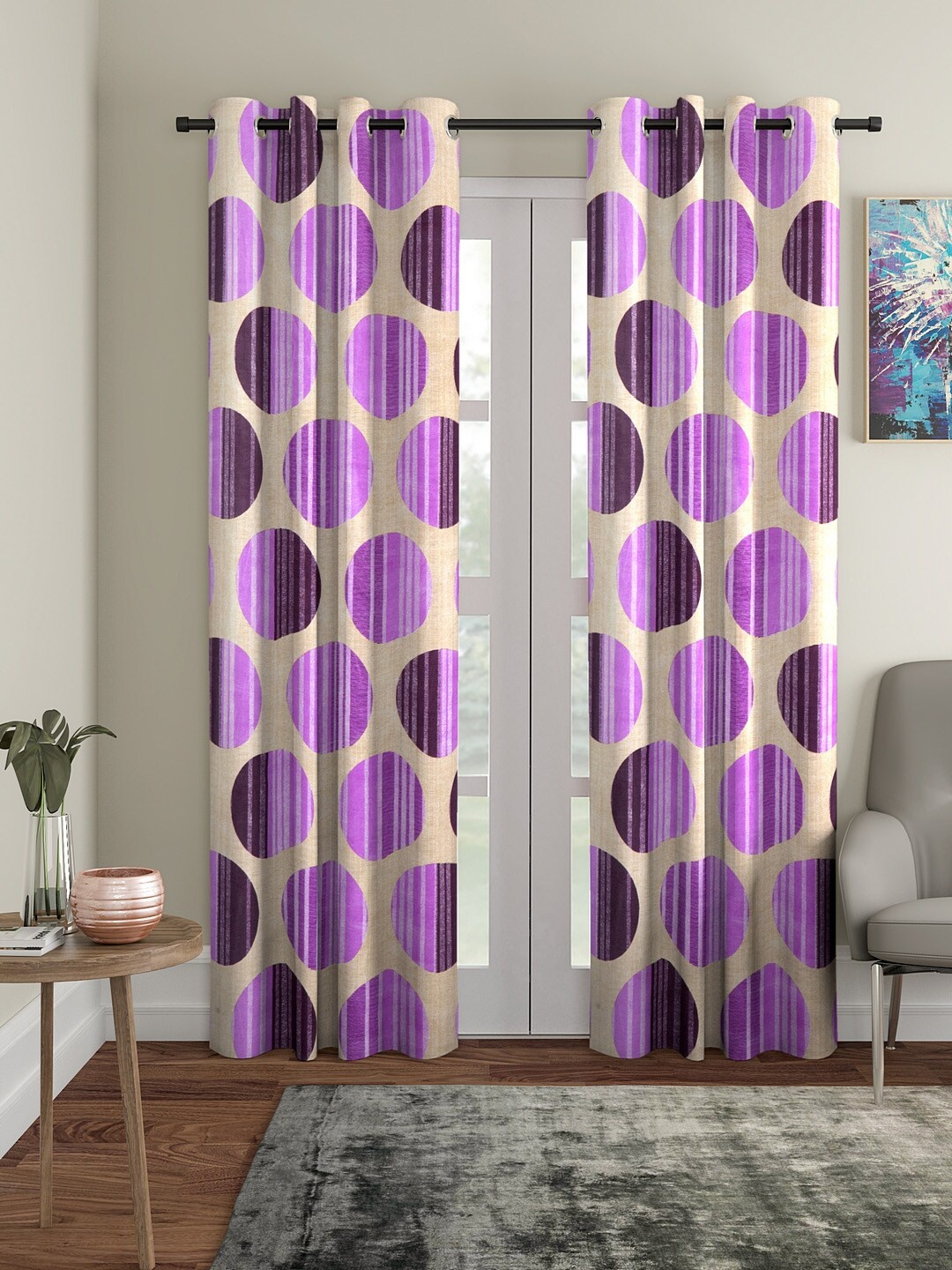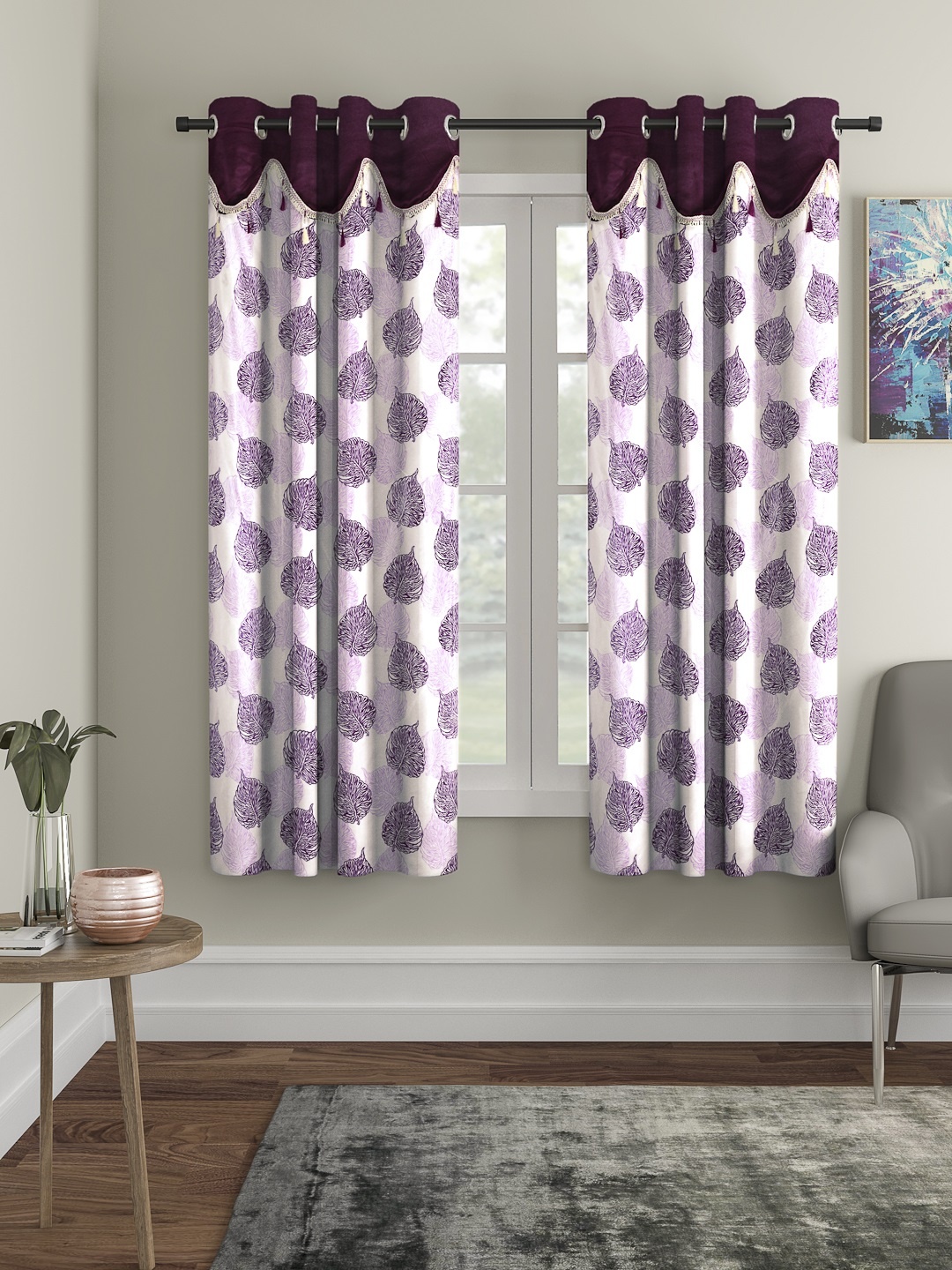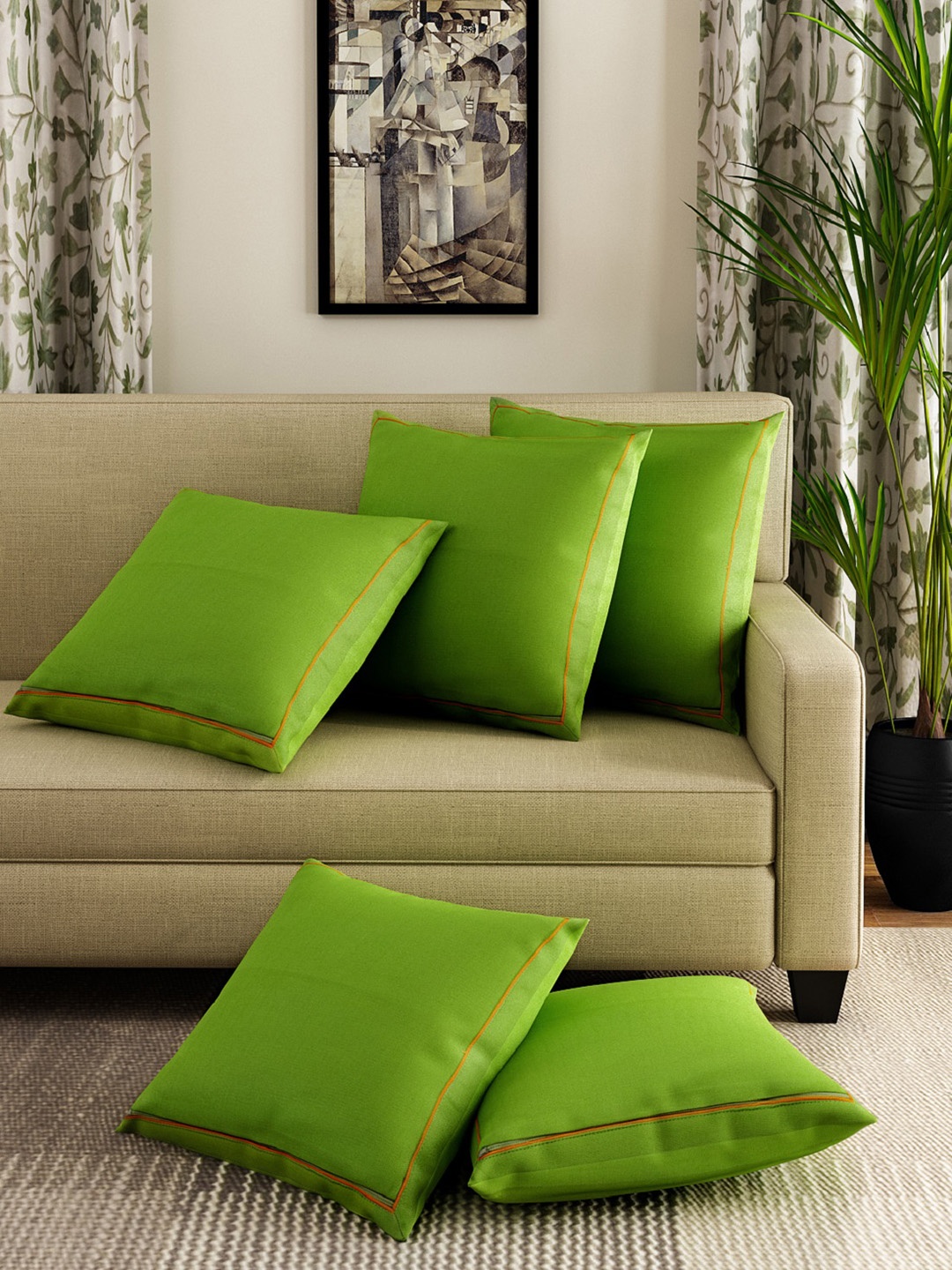After Trying 3 Mirror Layouts, Know What Changed The Vibe And Check Top Options on Myntra Grand Festive Days
Three mirrors. Three very different layouts. One unexpected transformation. Here's how experimenting with mirror placements changed the mood of a home, and which layout turned the space from basic to beautiful.

Read what happened when we arranged mirrors in 3 different layouts.
Sometimes a room doesn't need a full renovation. It needs rhythm. A little softness, a better glow, or just something that makes it feel like you. That's where this began, a living room that looked alright on paper but didn't spark joy in person. The wall colours were fine, the furniture functional, the curtains fresh. But the room lacked soul. That invisible thing that makes guests linger longer and sunlight feel warmer. It was a missing vibe.
The plan? Try three distinct mirror layouts, minimal, grand, and creative, to see what would shift the energy. Not with expensive makeovers or structural changes, but just by rearranging reflective surfaces.
Let's walk through each layout, what it promised, what it delivered, and which one finally made the space come alive as well as list briefly the top picks available on the Myntra Grand Festive Days.

Discover trendy and beautiful mirror layout ideas for your home; Photo Credit: Pexels
1. Layout One: The Single Statement Mirror, Classic, Controlled And Kind of Cold
The first attempt followed the “interior design rulebook”, a large, framed mirror placed above a wooden console in the centre of a bare wall. This is a layout that dominates Pinterest and home décor catalogues for good reason: it's symmetrical, simple, and guaranteed to look tidy.
What worked:
The mirror did a neat job of anchoring the console table and made the entryway look more structured. With a warm brass frame, it added a touch of elegance. Guests noticed it immediately. It looked grown-up, intentional, and safe.
What didn't:
That was the problem. It felt safe. Like a showroom sample. Pretty but impersonal. It reflected the opposite wall, plain, empty, and uninspiring. No natural light hit it, so it didn't brighten the space. Functionally sound, but emotionally flat.
Verdict:
Perfect for people who like things polished and symmetrical. But for a space that needed warmth and personality, this layout offered little more than a clean line. The vibe? Meh.
2. Layout Two: The Mirror Wall, Dramatic, Expansive, and Exhausting
Next up was a bold move: an entire wall covered in mirror panels in the dining area. This trend is everywhere, in cafés, upscale flats, even beauty parlours. The idea is to make small rooms look larger and more open. So, it made sense to try it in the most compact room in the house.
What worked:
Instant drama. The mirror panels caught light from the window and made the room look nearly double in size. Mealtimes felt airier, and evening lights looked golden when reflected.
What didn't:
The reflection was too much. Every movement, from a child passing by with a toy to the cat jumping onto a chair, got mirrored. Conversations felt busier. Eating turned into a mildly disorienting experience. And the upkeep? Fingerprints, smudges, even curry splashes near the serving table, all painfully obvious.
Verdict:
Visually stunning at first, but exhausting over time. Great for a showroom or a party setup, not so much for everyday living. The vibe? Impressive but high-maintenance.
3. Layout Three: The Asymmetrical Mirror Cluster, Creative, Comforting And Just Right
Then came the wildcard layout. A mix of mirrors, one circular, one arch-shaped, and a smaller hexagonal piece, grouped in an offbeat, asymmetrical arrangement on the living room wall. Each mirror was picked for its own character. No two were alike. The wall had no fixed grid or rules, just balance through instinct.
What worked:
Everything. The round mirror caught the morning light and scattered it softly across the room. The arched piece, placed slightly lower, reflected a potted palm, adding green without actual clutter. The small hexagonal mirror, set at an angle, caught candlelight at night. The effect wasn't just decorative, it felt alive.
Emotionally, the room changed. It started to feel like home. Friends walked in and commented, “This looks like you.” The mirrors didn't just reflect the space, they reflected mood, memory, and movement. And since they were placed at varying heights, they created depth and play.
What didn't:
Only one drawback, it took longer to arrange. There was trial, error, and several pencil marks on the wall. But it was worth every adjustment.
Verdict:
This was the layout that shifted everything. It looked curated, not copied. Thoughtful, but not rigid. The vibe? Personal and glowing.

A mix of different mirrors offers a fun asymmetrical arrangement; Photo Credit: Pexels
What Each Layout Reflected, Literally and Emotionally
The way a mirror feels depends on what it reflects.
- Layout One reflected an empty corridor. No wonder it felt lifeless.
- Layout Two reflected action, people, movement, and mess. That overstimulation made it tiring.
- Layout Three reflected light, greenery, and texture, things that naturally soothe the eyes and lift the mood.
The lesson? Don't just place mirrors for symmetry. Place them for what they show back.
Light Is Everything, And Mirrors Are Light's Best Friend
The most dramatic change wasn't the mirror itself, but where it was placed in relation to light.
One small adjustment, moving the circular mirror in layout three closer to the window, changed the entire lighting in the room. The sunlight hit the wall in the morning and travelled gently across the ceiling by afternoon. No artificial light could do what that mirror did.
Natural light, especially in cities where homes can feel boxed in, is gold. Mirrors help double it. But only if placed opposite windows, not walls or wardrobes.
Also Read: Understand The Difference Between Full-Length Floor Mirror And Wall Mounted Mirror
Frame It Right, It's Not Just About the Glass
A mirror's frame sets the tone. This wasn't obvious until all three layouts were tested.
- Layout One had a heavy, antique brass frame, elegant but rigid.
- Layout Two had no frame at all, clean but impersonal.
- Layout Three used a mix, a bamboo weave frame, a brushed copper rim, and a carved wood piece. Together, they added layers and warmth.
The frames made the cluster feel collected over time, not bought in one go. That narrative added a hidden comfort to the space.

Mirror frames play a big role in the overall look; Photo Credit: Pexels
Space Feels Bigger, But Only If the Clutter Isn't Doubled
Mirrors trick the eye into seeing more space. But they also double the visual noise.
One mistake made in layout two was placing the mirror wall opposite the open kitchen. Result? Two fridges, double the dishes, and twice the movement, all visible.
In layout three, the mirrors faced a soft-toned sofa and an indoor plant. That made the space feel spacious and serene, without the chaos.
Lesson: Don't just think about space gain. Think about visual comfort.
Cost Comparison, Beauty Without Breaking the Bank
This might come as a surprise, but the best layout (layout three) was the cheapest.
- Layout One's large mirror with a custom frame: ₹6,500
- Layout Two's wall panelling and installation: ₹15,000+
- Layout Three's mixed mirrors (bought from street markets, online, and repurposed): ₹3,800 total
Creativity beat cost. A flea market find, combined with one online deal and a leftover mirror from a dressing table, created something unique, and under budget.
Emotional Impact, Why the Third Layout Just Felt Better
Mirrors, surprisingly, carry emotion. A perfect mirror on a perfect wall can feel cold if there's no warmth behind it. The third layout invited warmth through playfulness. It broke symmetry and welcomed personality.
It also allowed movement. Kids loved pointing out their faces in the small hexagon. Guests paused to touch the bamboo frame. The mirror wall, by contrast, created distance. People admired it, but didn't connect with it.
That emotional link, the one where a space feels like it tells a story, came only in layout three.

A collage of mirrors can break symmetry and create a fun look on the wall; Photo Credit: Pexels
Final Take: The Layout That Changed the Vibe, And Why It Worked
After three rounds, countless wall hooks, and a few arguments over hammer positioning, one thing was clear:
The asymmetrical cluster layout didn't just improve the space, it changed its emotional texture.
Why it worked:
- Reflected calm, not clutter
- Let in natural light at the right angle
- Brought warmth through mixed textures and materials
- Encouraged interaction, not just admiration
- Most importantly, it felt lived-in. Like someone belonged in the space.
Products Related To This Article
1. THE ARTMENT Set Of 4 Square Glass Wall Mirror Tiles
2. Art Street 4-Pcs Yellow Textured Decorative Wall Mirrors
3. Art Street 2-Pcs Golden Square Framed Decorative Wall Mirrors
4. UniKart White Foldable & Adjustable Leather Mirror
5. Home Centre Corsica Reflection Gold-Toned Jharokha Decorative Wall Mirrors
6. VAS collection home White Textured Wooden Wall Mirrors
7. Hind Decor Round Metal Table Top Mirror With Basket
This wasn't a home makeover. It was a mood experiment. And mirrors, simple, overlooked, functional things, turned out to be silent magicians. When placed right, they don't just reflect your face. They reflect your intention. So whether it's a rented flat or a sprawling home, don't underestimate what a ₹1000 mirror can do, especially when placed with love, light, and a little chaos. Because when the vibe is right, everything else falls into place. And you can buy fun and quirky mirrors online as well during the Myntra Grand Festive Days.
Disclaimer: The images used in this article are for illustration purposes only. They may not be an exact representation of the products, categories and brands listed in this article.









